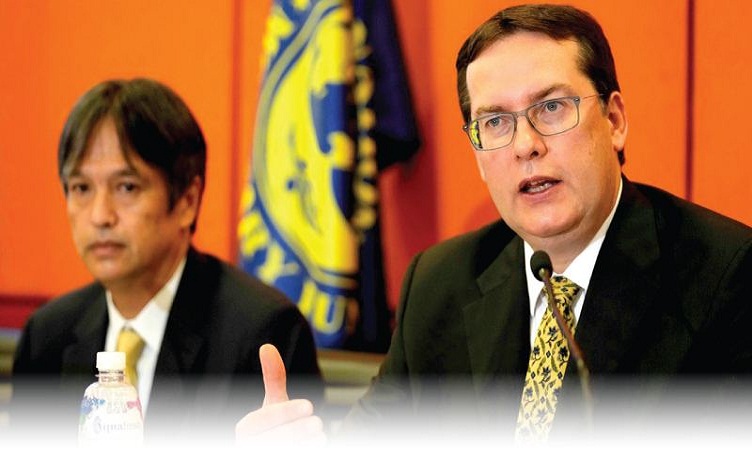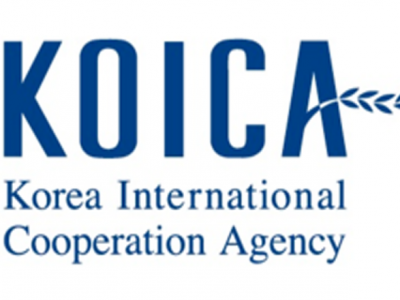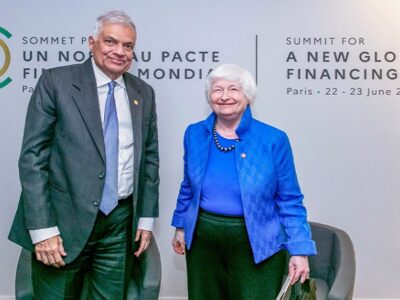(LANKAPUVATH | COLOMBO) – The International Monetary Fund (IMF) says that there is sufficient progress for Sri Lanka’s Debt Restructuring process to move forward.
However, the IMF further said Sri Lanka’s economy is still vulnerable and the path to debt sustainability remains knife- edged hence the country need to sustain the reform momentum.
Meanwhile, joining the IMF press briefing on Sri Lanka’s second review of EFF program held virtually this morning (14), IMF Senior Mission Chief for Sri Lanka Peter Breuer stated that the IMF fully respect the democratic process for elections to take place in any country and they adapt to the relevant process.
Furthermore, he mentioned that the elections may affect the timing of IMF’s missions they conduct in order to discuss compliance with the programme and reforms going forward.
“We of course fully respect the democratic process for elections to take place in any country and we adapt to that process. So, this may affect a little bit the timing of our missions that we conduct in order to discuss compliance with the programme and reforms going forward”, he said.
“The elections have not been called yet. We will await that and discuss with the authorities how we can adapt our schedule to that of the elections”, Mr. Breuer added.
In response to a question raised by a journalist whether there is scope to adjust the programme and reduce taxes by a newly appointed government following the elections, the IMF Senior Mission Chief for Sri Lanka expressed that it is significant how the reduction in government revenues had contributed to this very severe crisis in Sri Lanka.
He further said: “I just pointed you to these two charts [in the IMF report] to tell the story how the reduction in government revenues had contributed to this very severe crisis to this very severe crisis in Sri Lanka. Re-building these revenues is an important objective of the programme in order to allow Sri Lanka to emerge from the crisis.”
“Of course here we should bring revenue closer to the expenditures that the government is facing to reduce the gap between expenditure and revenue, and that will help to make the debt sustainable again and force Sri Lanka to be able to finance itself at interest rates it can afford and the debt are sustainable.”
“More broadly speaking, we are willing to listen to different views of how the programme objectives can be reached. These need to be realistic and achievable within the time frame of the programme”, he added.
Moreover, the IMF representative also stated that the ‘Public Financial Management’ law has now been sent to Parliament, which will help to strengthen the fiscal framework and enhance fiscal responsibility.
Mr. Breuer highlighted that the law will help to ensure that the funds are being spent by the government as intended.




